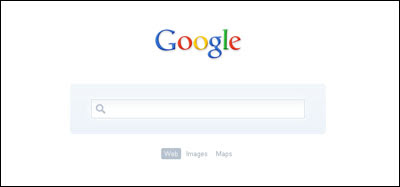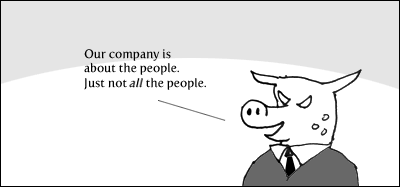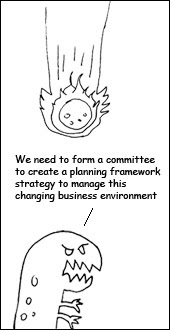
Whilst idly browsing TV channels last night, I had the misfortune to stumble across the BBC's Watchdog, a "consumer affairs" programme which exists to complain about unfair treatment of consumers and as it turns out to invent some if none actually exists.
This particular episode screamed that "WIFI HOTSPOTS ARE NOT SECURE!!!!!!!! BADDIES COULD, LIKE, STEAL YOUR IDENTITY AND, LIKE, STUFF, AND, LIKE, DO THINGS TO YOUR CHILDREN AAAAAAAAAAAAAARGHHHH!!!!!!".
So I was a bit interested. Who were these unnamed evildoers and how exactly, I wondered, would they spoil my twenty minutes with the hideous sugary crack the cafe had foisted on me?
Well, Watchdog wouldn't actually reveal how the supposed satanic kleptomaniacs would steal everything I owned, which is pretty handy if you happen to be a scare-mongering weasel who wants to keep it all as shadowy and frightening as possible. Instead they made oblique references to "available technology" and hooded "security experts".
So you won't be too surprised when I tell you that in fact the process of hijacking wi-fi hot spots isn't actually all that easy, in fact it requires quite a high level of technical skill. Which of course raises the question: if someone has enough skill to get into a wireless network like that, why the bloody hell would they want to read my emails? I mean, even I don't want to read most of my emails, and they're at least vaguely relevant to me!
Let me explain it this way: if someone was a heavyweight boxing champion, they could probably beat the living shit out of me without any difficulty. But then why would they, when they could be earning millions in the ring fighting other champions?
So if you're one of the anonymous evildoers the programme referenced so freely, please feel free to read my emails. Clean out the spam and let me know if there's anything interesting in there will you?









